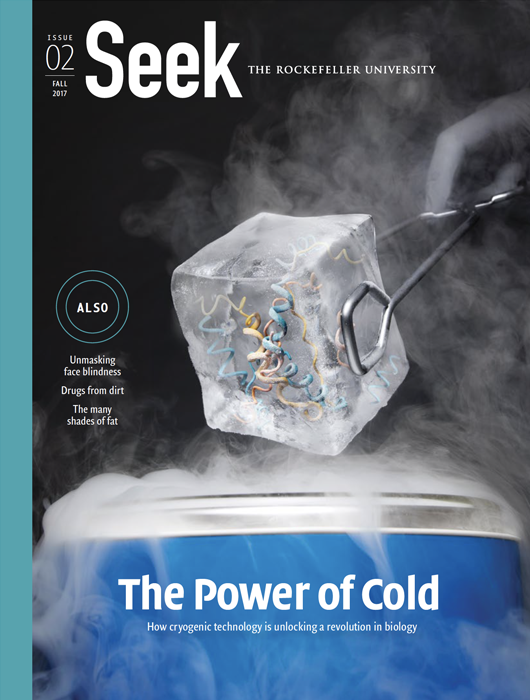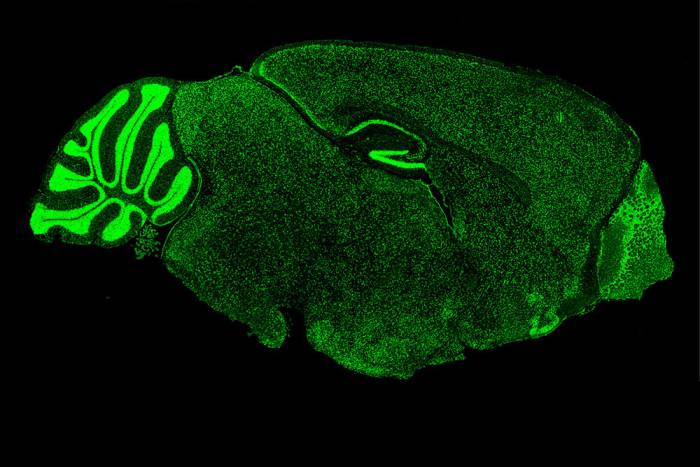C. David Allis wins 2018 Lasker Award for discovery of new mechanisms regulating gene expression
The Albert and Mary Lasker Foundation has announced that Rockefeller’s C. David Allis will be a 2018 recipient of the Albert Lasker Basic Medical Research Award, widely regarded as America’s top prize in biomedical research.
Allis’ pioneering research established that enzymes that modify histone proteins, which package DNA in the nucleus, regulate gene expression. He shares the prize with Michael Grunstein of the University of California, Los Angeles, whose work was complementary to Allis’. The Lasker awards will be presented on September 21 in New York City.
“David’s pioneering research showed that distinct modifications of histone proteins play key roles in turning the expression of specific genes on and off. Mutations altering the proteins that produce, remove, or read these histone modifications underlie diverse human diseases including autism, heart disease, and cancer, and innovative new therapeutics that alter these modifications are now in clinical use,” says Rockefeller President Richard P. Lifton. “I am delighted that the Lasker Foundation has recognized David for his paradigm-changing research.”
Established in 1945, the Lasker Award is the nation’s most distinguished honor for basic and clinical medical research. Eighty-seven Lasker laureates have gone on to receive the Nobel Prize. Allis is the 23rd Lasker Award winner associated with The Rockefeller University.
Allis, who joined Rockefeller in 2003 and is the Joy and Jack Fishman Professor and head of the Laboratory of Chromatin Biology and Epigenetics, studies chromatin, the complex of DNA wrapped around clusters of histone proteins to form nucleosomes. This packaging mechanism allows the two meters of DNA in every human cell to be efficiently stored in the nucleus, with this packaging only opened up when genes are called upon to be expressed. Histone modifications play key roles in facilitating or restricting access of specific genes to the proteins required for gene expression, promoting either gene activation or repression.
Recent work in Allis’s lab has focused on epigenetic causes of a diverse range of diseases and has helped illuminate the cellular processes that drive several types of cancer. He has worked together with clinicians to inform the development of new therapies.
“This work has taken off in a way I would never have thought possible when we began our studies of histones in the 1990s,” Allis says. “I am excited every day about the possibilities presented by our growing understanding of this remarkable system, and I am humbled and deeply honored to be recognized by the Lasker Foundation.”
Allis has previously been on the faculties of the University of Virginia, the University of Rochester, Syracuse University, and Baylor College of Medicine. He earned his bachelor’s degree in biology from the University of Cincinnati in 1973 and his Ph.D. in biology from Indiana University in 1978.
In addition to the Lasker Award, Allis has received numerous scientific honors including the 2007 Canada Gairdner International Award, the 2011 Rosenstiel Award, the 2014 Japan Prize, and the 2015 Breakthrough Prize. He is a member of the National Academy of Sciences and the American Academy of Arts and Sciences.

